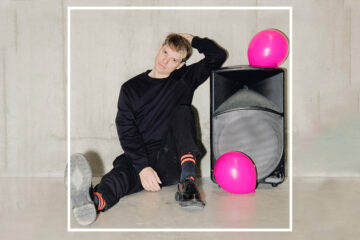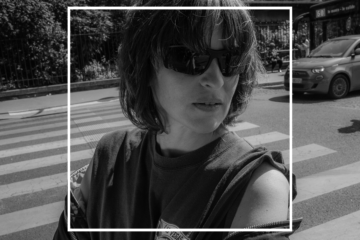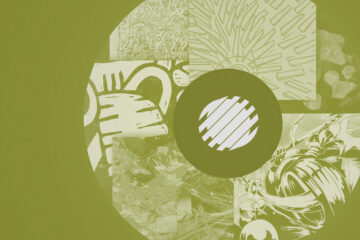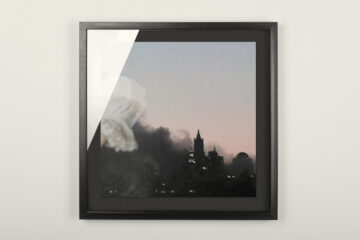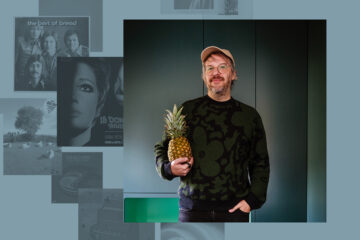The musical evolution has to continue. By the mid-90s, techno was more closely tied to the zeitgeist than ever before. The white-label 12-inch that had just sent the crowd into ecstasy in some grimy basement the day before was no longer in demand. It was the heyday of minimal techno, with Cologne as its epicentre and Wolfgang Voigt as a central figure in the Cologne techno scene. Voigt was driven by an almost pathological need for the new. In 1998, together with Michael Mayer and Jürgen Paape, he founded Kompakt, which remains one of the most important and internationally influential techno labels. Since the late 1980s, Voigt had worked his way through various forms of electronic music, starting with acid techno and moving on to minimal techno.
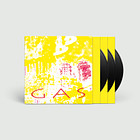
GAS
Wolfgang Voigt used dozens of pseudonyms for his various projects: Mike Ink, Love Inc., Profan, Studio 1, Freiland, Wassermann, Rückverzauberung and Protest. In the early and mid-1990s, producers and DJs literally worked underground. They wanted to remain anonymous, the music should be in the foreground, not the people. It was a reaction to the inflation of superstars that the 80s had produced.
1996 saw the release of »Gas«, the first album from Voigt’s eponymous project. It is his most abstract exploration of techno. The album was released on Mille Plateaux, the label for discursive, conceptual electronic music at the time.»Gas« became a turning point not only for Voigt, but for the development of electronic music as a whole. The first of the album’s six untitled tracks is a beatless sonic construction in which blurred sound loops revolve around each other, only to vanish into thin air before reappearing elsewhere. This is sonic aesthetics in the tradition of ambient, a genre that was dismissed in 90s techno culture as a relic of the 70s, out of touch with the present of 1996. Voigt challenged his listeners to engage with his version of ambient. Music had to be challenging to have an effect.
A Bass Drum in the Forest
The blurred, amorphous sounds of the album are generated by Wolfgang Voigt from a multitude of unidentified samples—from classical music to Schlager music. He cleverly keeps their sources secret. Then on the second track, something unprecedented happens. Beneath the string samples, juxtaposed with clicks and cuts and vinyl crackling, a bass drum beats stoically. But it sounds strangely subdued, filtered and transformed into a blunt instrument, as if it had been recorded from outside the closed door of a techno club. On »Gas«, the bass drum does not function as a kick drum, pounding out the beat for the dancers. Instead, it becomes a hierarchically equal part of the nebulous, reverberating soundscape, a sublime pulse generator of this unique music. By the end of the album, the bass drum is heard on every track.
The music should be in the foreground, not the people. It was a reaction to the inflation of superstars that the 80s had produced.
A year later, Wolfgang Voigt conceptually supercharged the Gas project with the album »Zauberberg«, an artistic narrative that has since become part of techno folklore. Gas as a musical interpretation of the German forest in general and the Königsforst near Cologne in particular. It was there that Voigt had his first psychedelic experiences as a teenager. Two more Gas albums, »Königsforst« and »Pop«, followed until 2000. In 2017, Voigt revived the project. But the album »Gas« is the primordial soup. It thrives on contradictions and opposites, it is minimal and opulent at the same time. It gives a pulsating rhythm to music that, according to purist doctrine, should not be rhythmic at all. It is the spark that first ignited ambient techno, influenced dub techno and brought ambient back as a genre.


